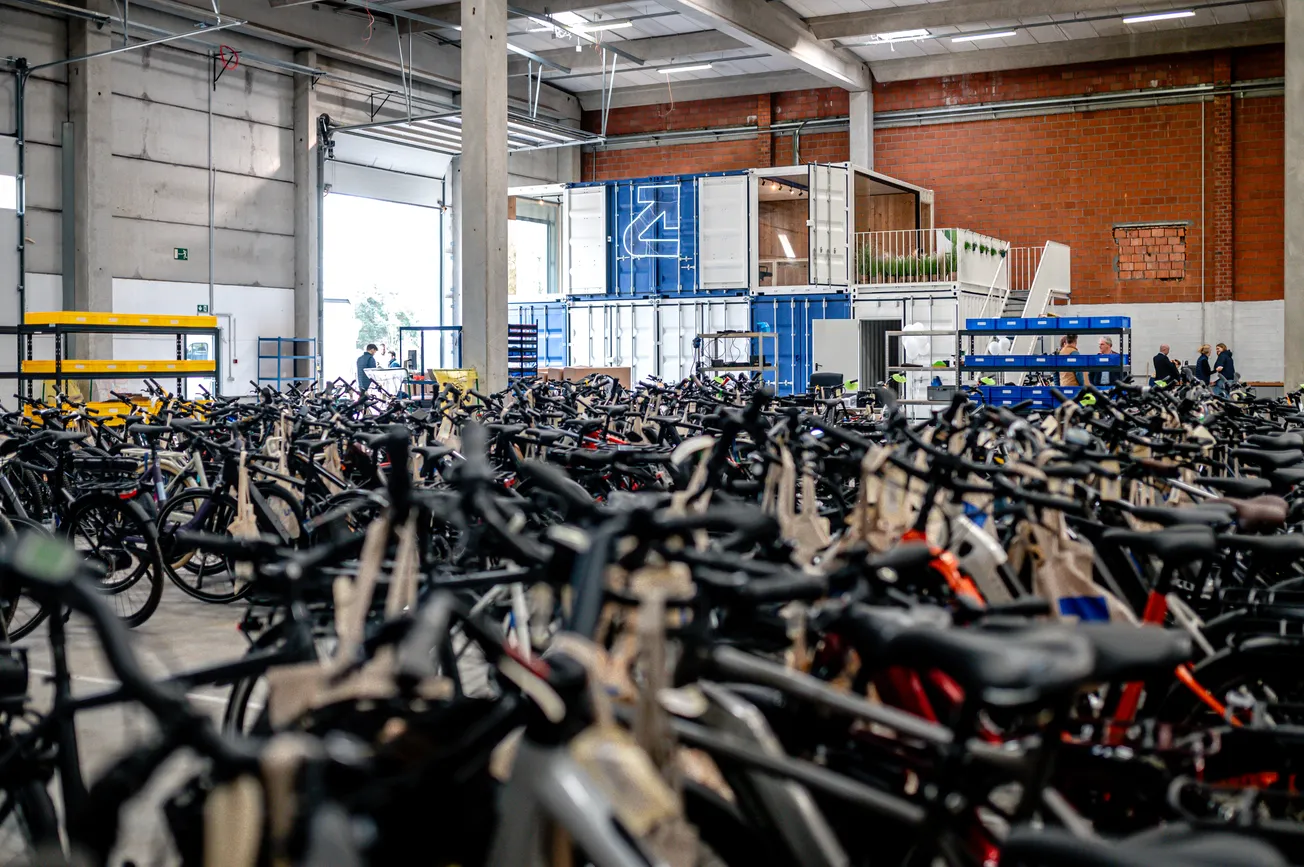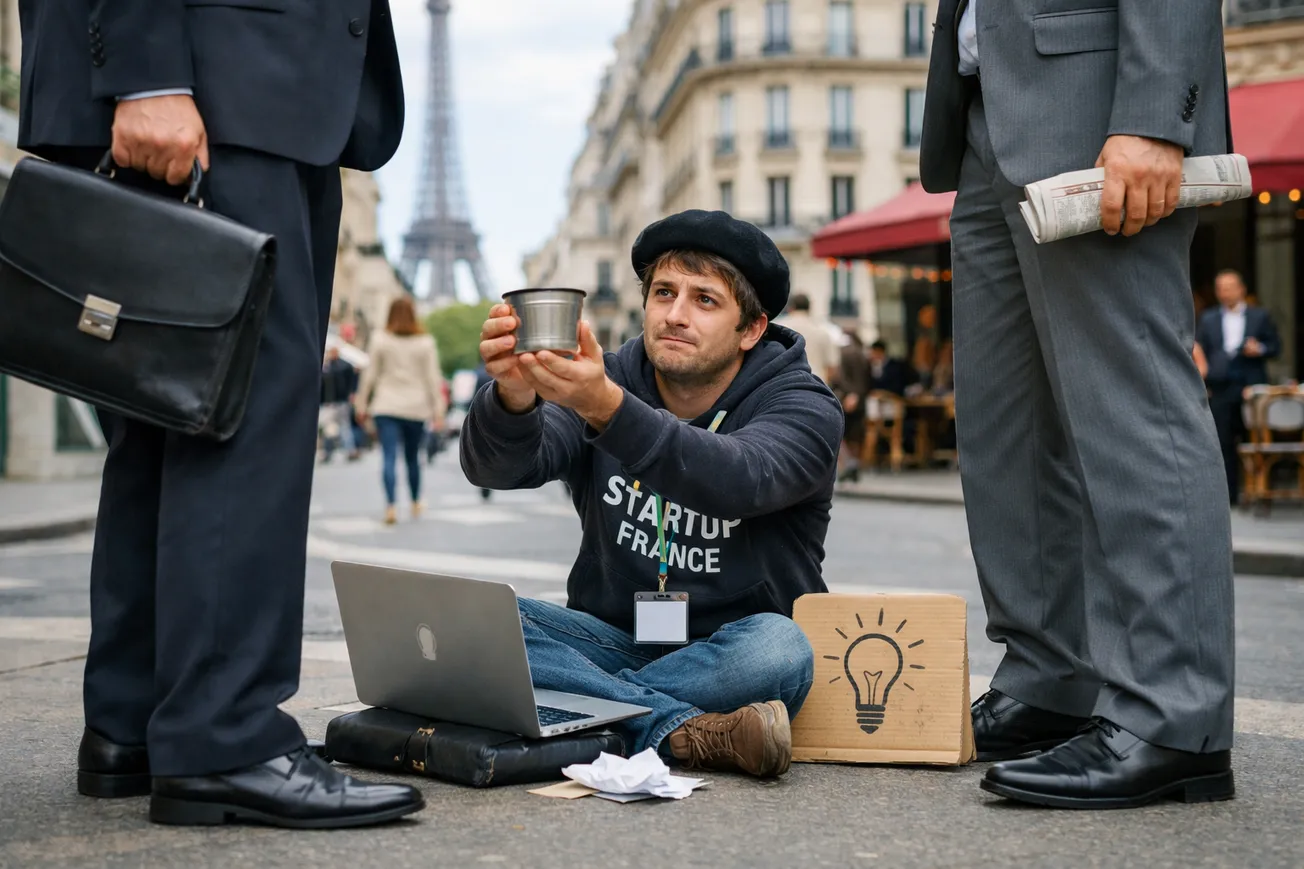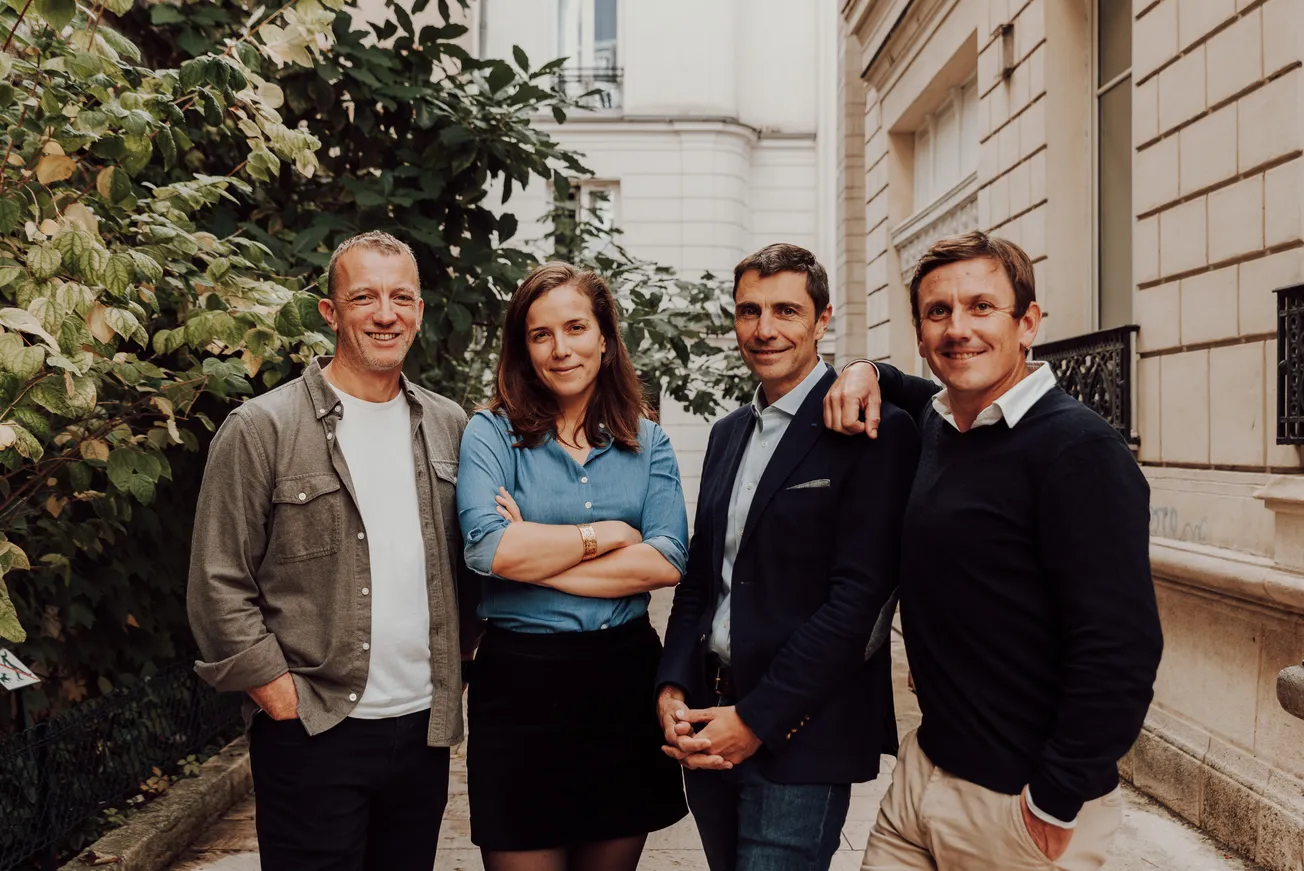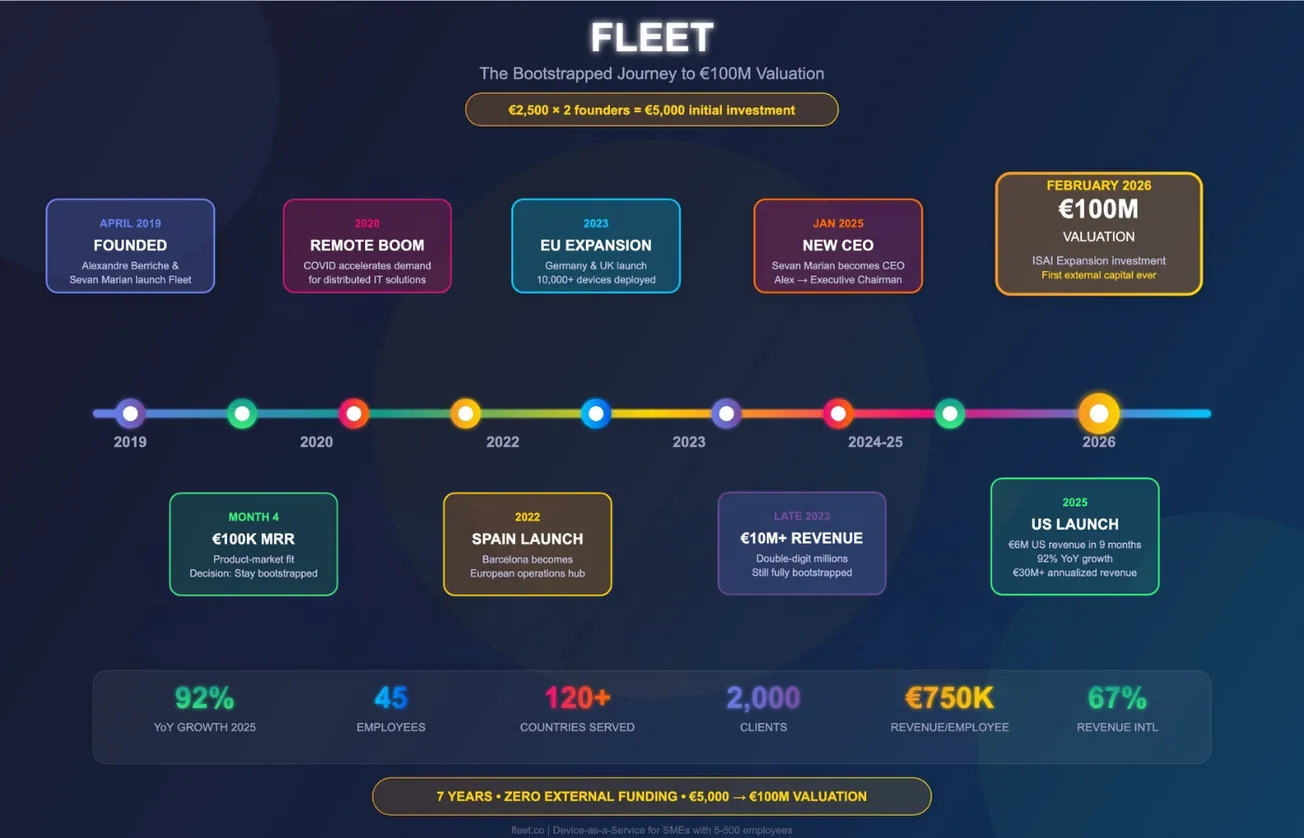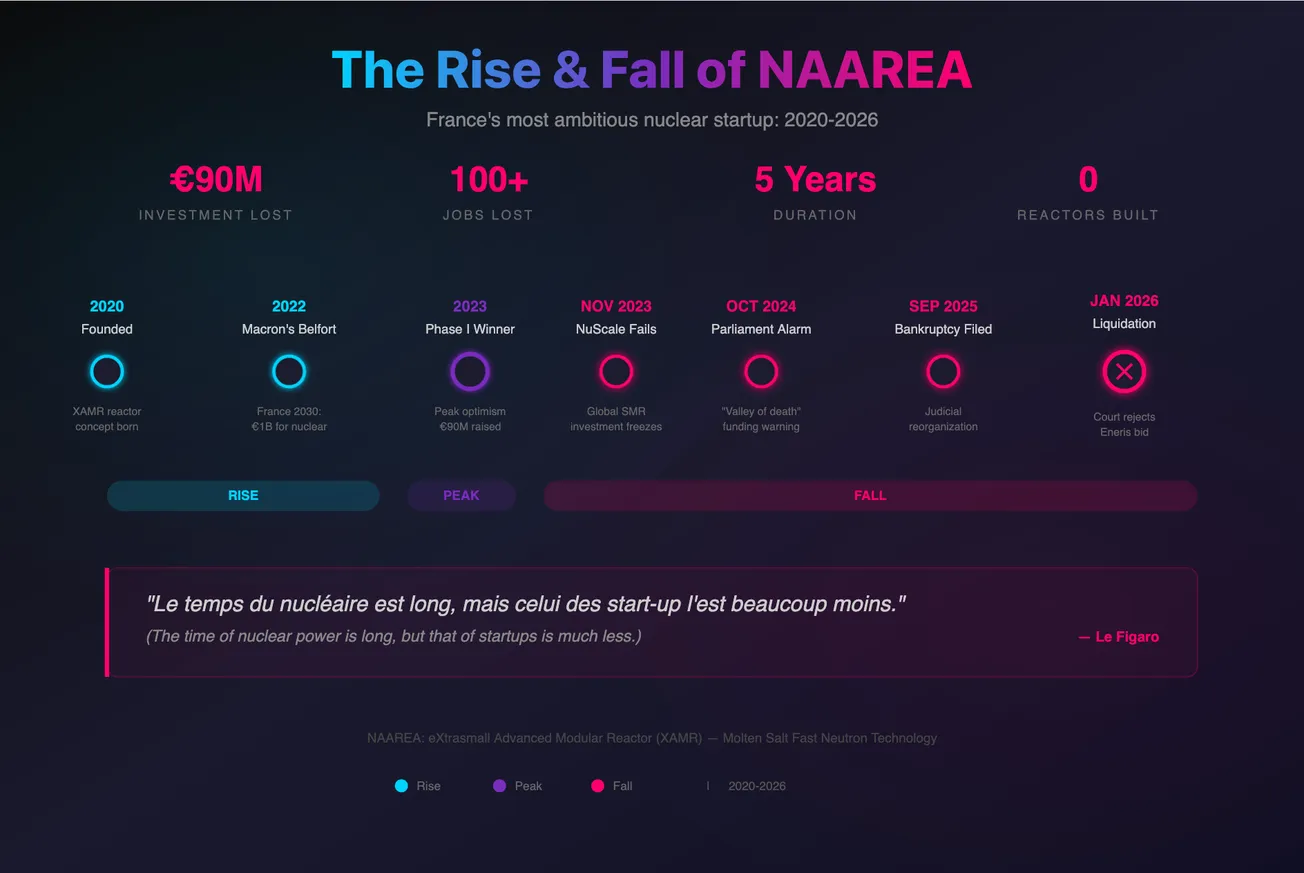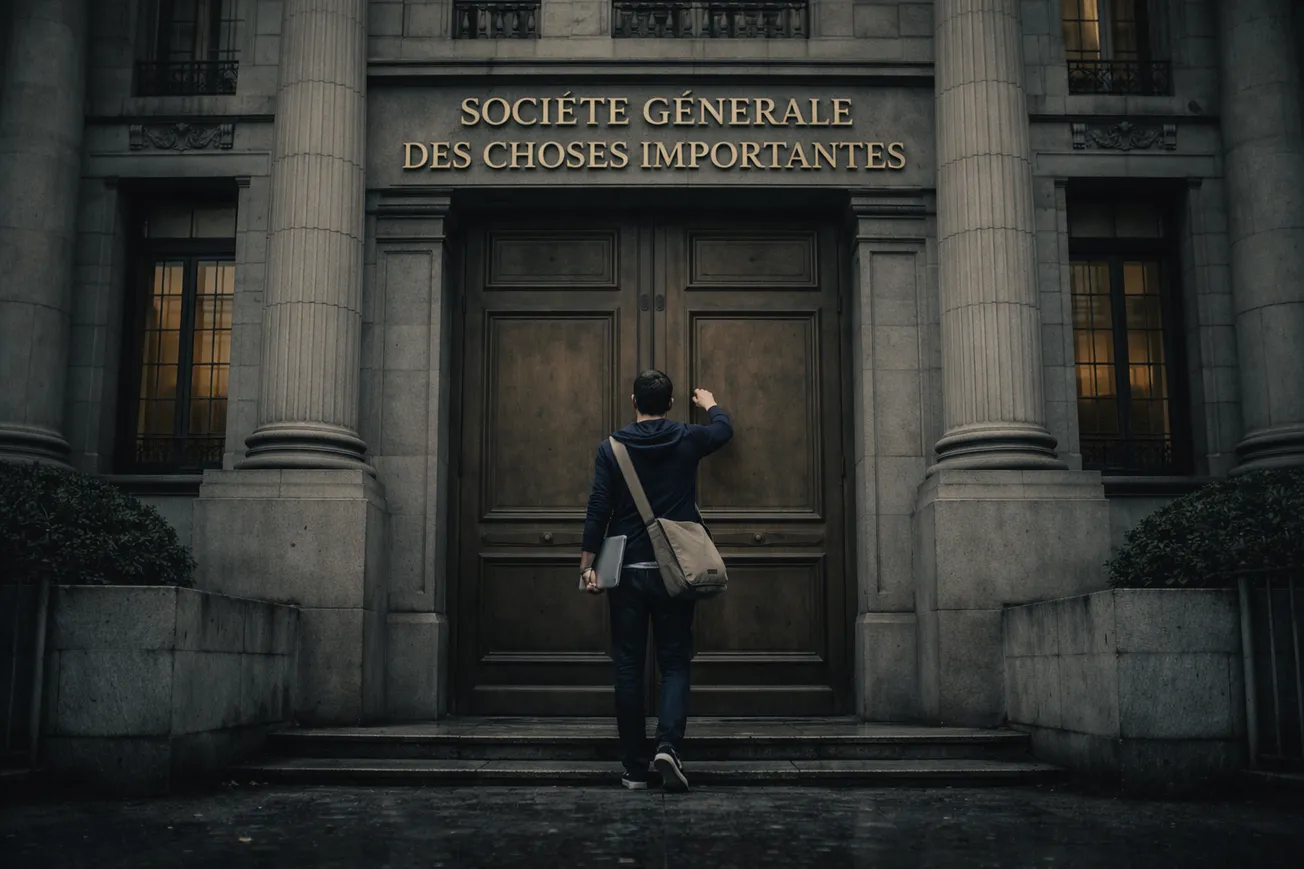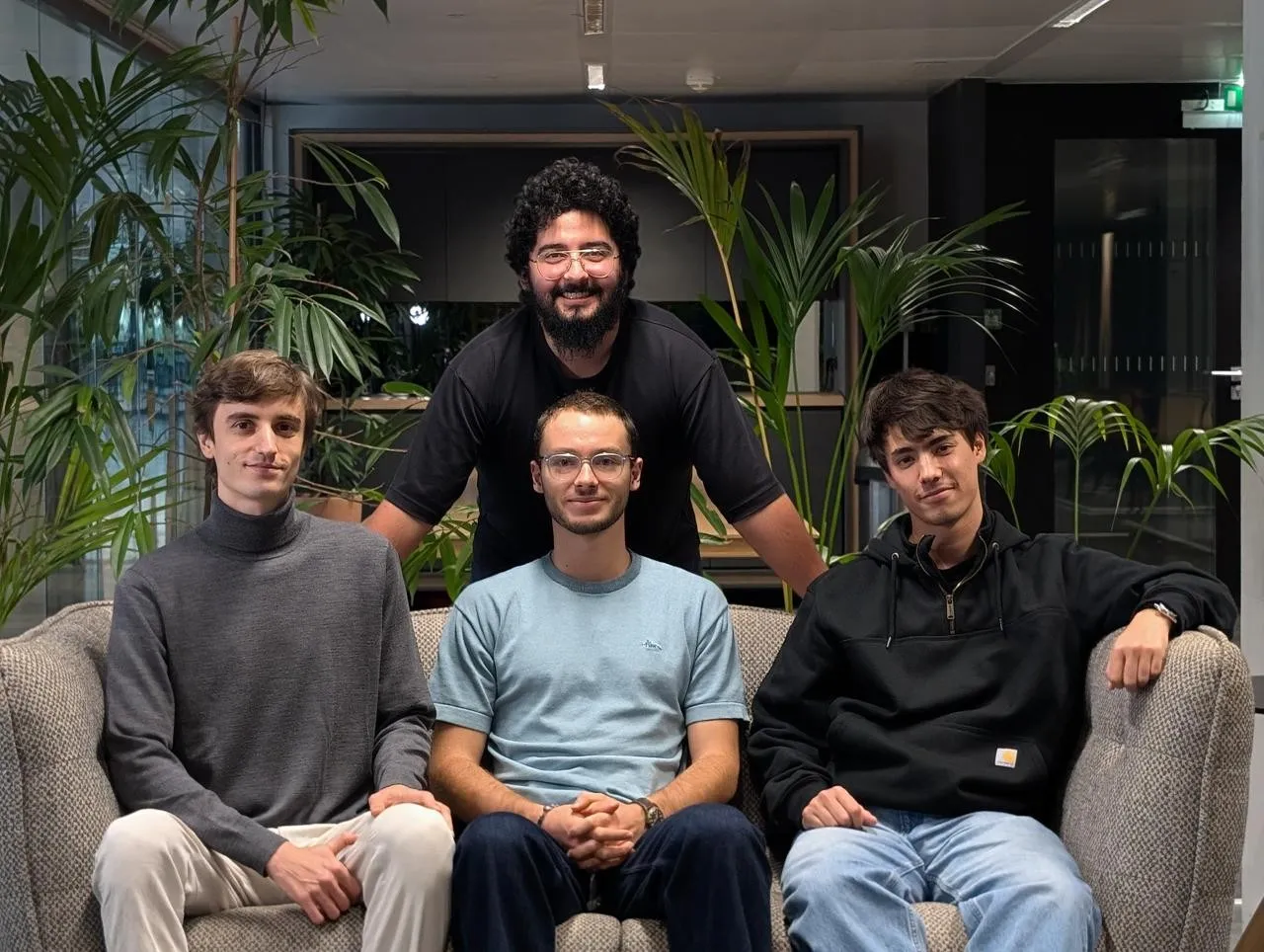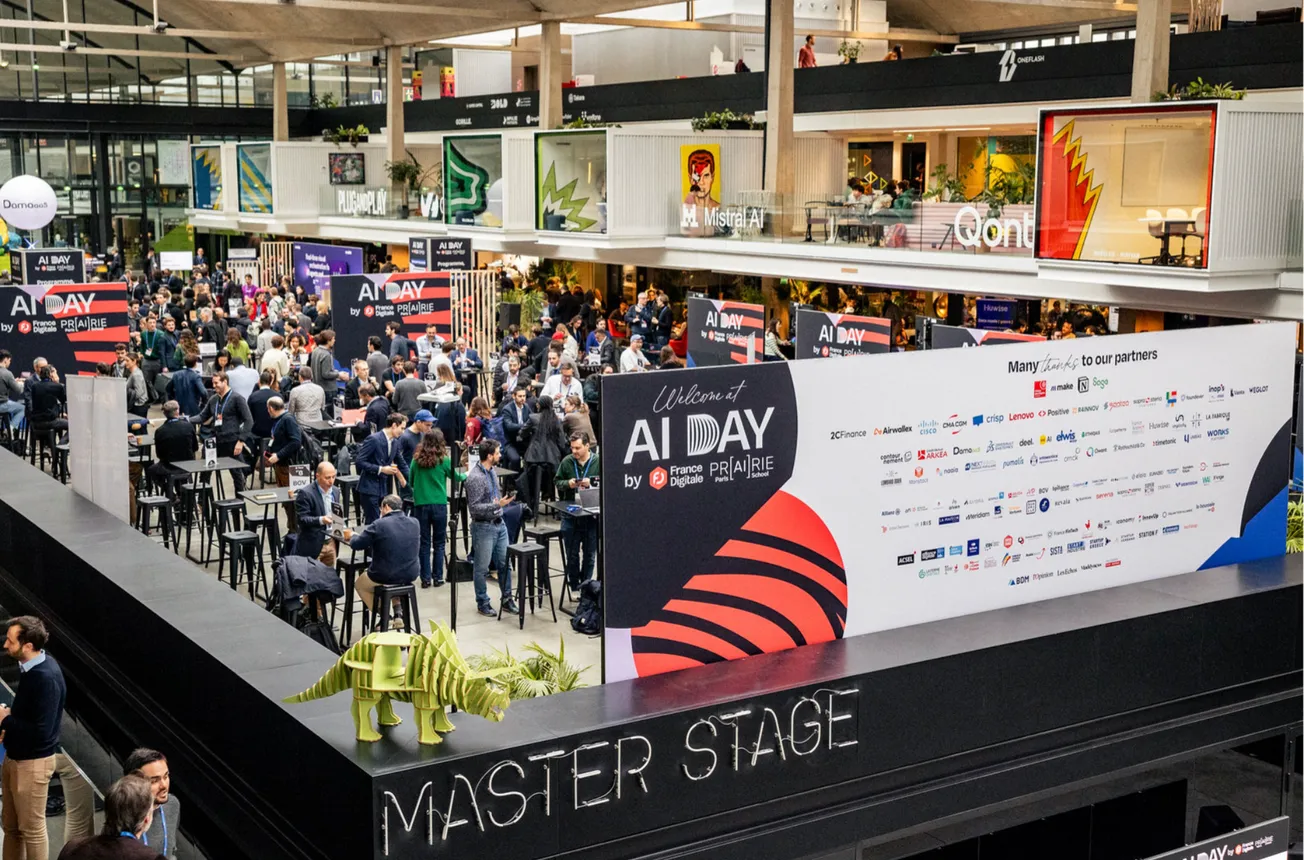From Quantum Physics to Circular Mobility: Upway's Journey To Transforming The E-Bike Market
The French startup raised $60M in Series C funding to expand its refurbished e-bike empire across Europe and the US. With sales doubling yearly and operations already profitable in multiple markets, Co-founder and COO Stéphane Ficaja explains how Upway is chasing its goal of 1M bikes by 2030.
